
Introduction
As a responsible rat owner, providing a suitable cage for your furry friends is essential. A rat cage serves as their home, offering them security, comfort, and a place to play. In this article, we will explore the importance of rat cages and provide valuable tips on choosing the right one for your pet rats.
Why Do Rats Need a Cage?
Rats are social creatures that thrive in an environment that offers both mental and physical stimulation. A cage provides a safe space for your rats to live, sleep, eat, and play. Additionally, it prevents them from roaming freely and potentially getting into hazardous situations.

Factors to Consider When Choosing a Rat Cage
When selecting a rat cage, there are several key factors to consider:
1. Size
The cage should be spacious enough to accommodate the number of rats you have. Rats require ample room for exercise and exploration. A general rule of thumb is to provide at least 2 cubic feet of space per rat.
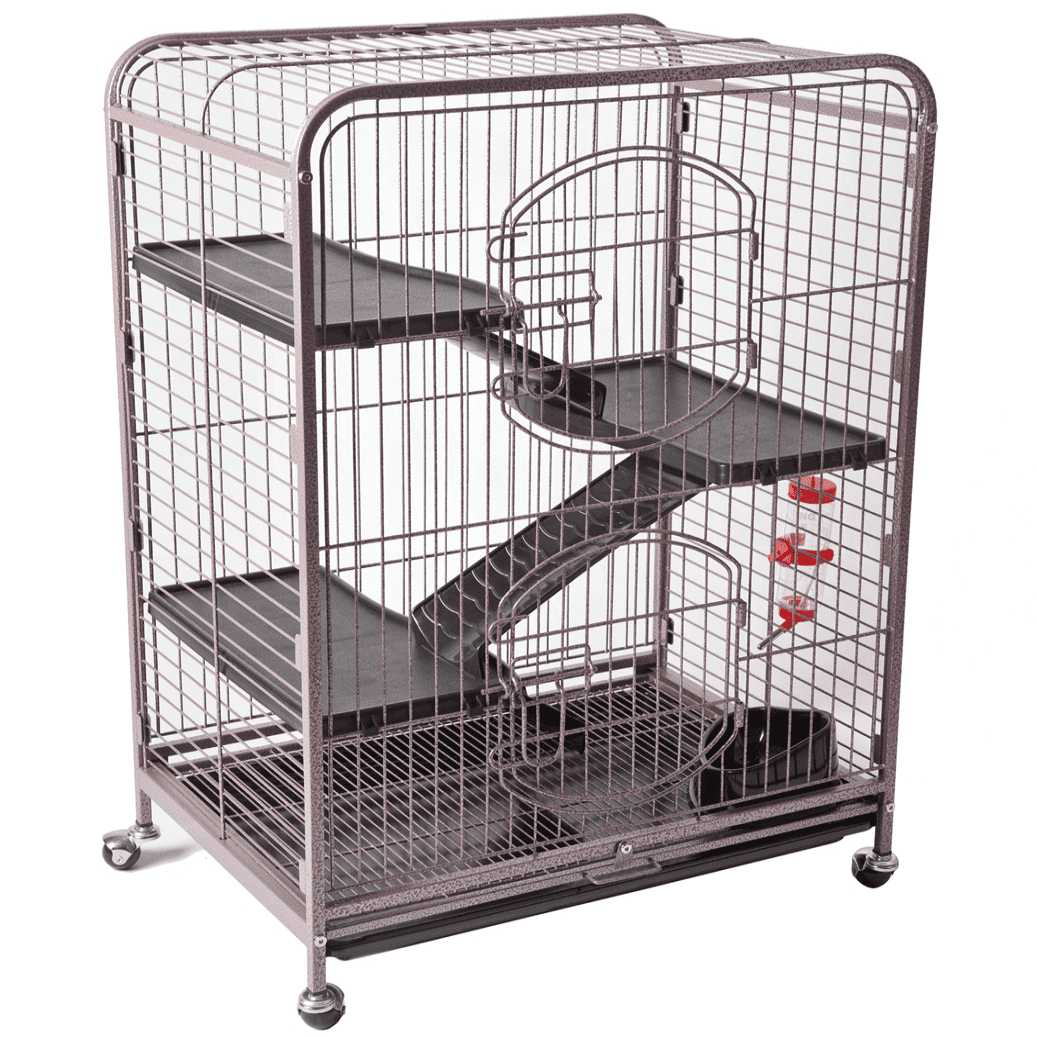
2. Bar Spacing
The spacing between the bars should be small enough to prevent your rats from escaping. Opt for cages with bar spacing of no more than half an inch to ensure their safety.

3. Material
Rat cages are commonly made of wire or plastic. Wire cages allow for better ventilation and are easier to clean, while plastic cages provide more insulation and reduce the risk of injury. Consider your preferences and your rats' needs when choosing the cage material.
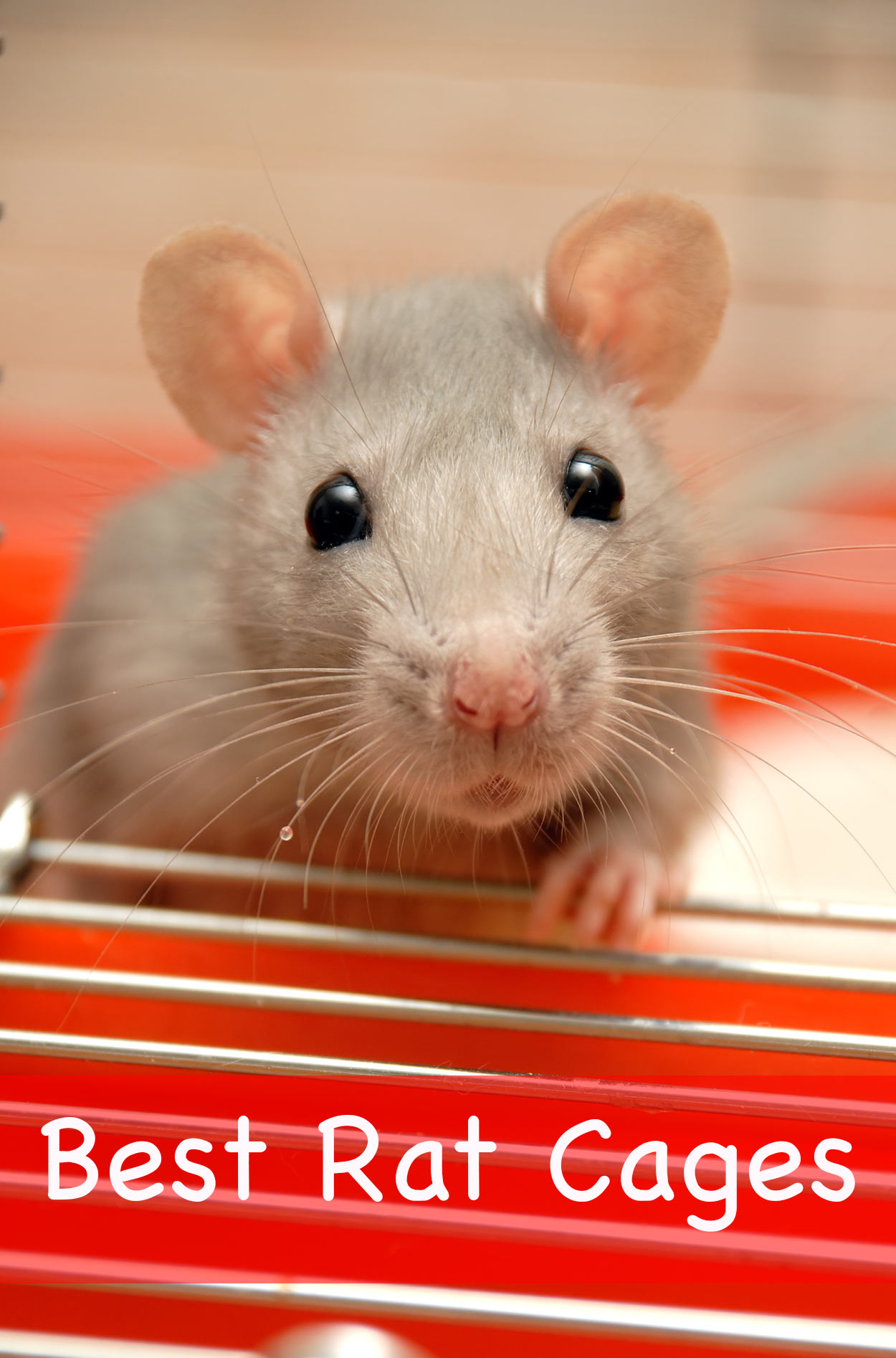
4. Accessibility
Ensure that the cage has multiple doors and access points for easy cleaning, feeding, and handling. This allows you to interact with your rats without causing them stress or discomfort.

Setting Up a Rat Cage
Once you have selected the perfect rat cage, it's time to set it up to provide a comfortable and stimulating environment for your rats.
1. Bedding
Line the cage floor with appropriate bedding material such as aspen shavings or paper-based bedding. Avoid using cedar or pine bedding as they can be harmful to rats' respiratory systems.
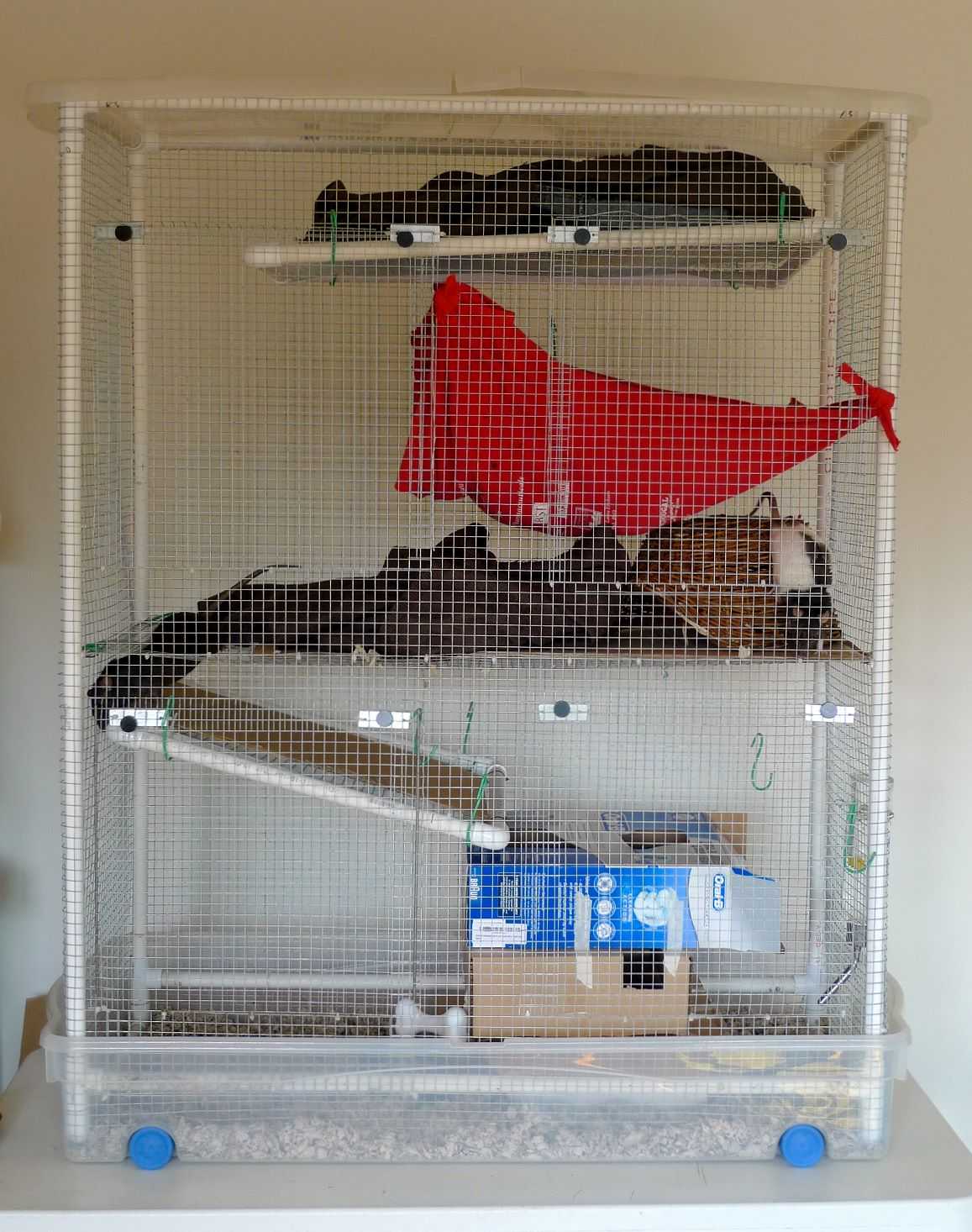
2. Enrichment
Include various toys, tunnels, and hammocks to keep your rats entertained and mentally stimulated. Rats are intelligent creatures that enjoy exploring and solving puzzles, so provide them with a range of toys to satisfy their curious nature.
3. Food and Water
Place food bowls and water bottles within easy reach of your rats. Ensure that the food and water are fresh and replenished regularly to maintain their health and well-being.

Maintaining a Clean Rat Cage
Regular cleaning is crucial to ensure a healthy living environment for your rats. Follow these steps to maintain a clean cage:
1. Spot Cleaning
Remove any soiled bedding, droppings, or uneaten food on a daily basis. This prevents the build-up of odor and bacterial growth.
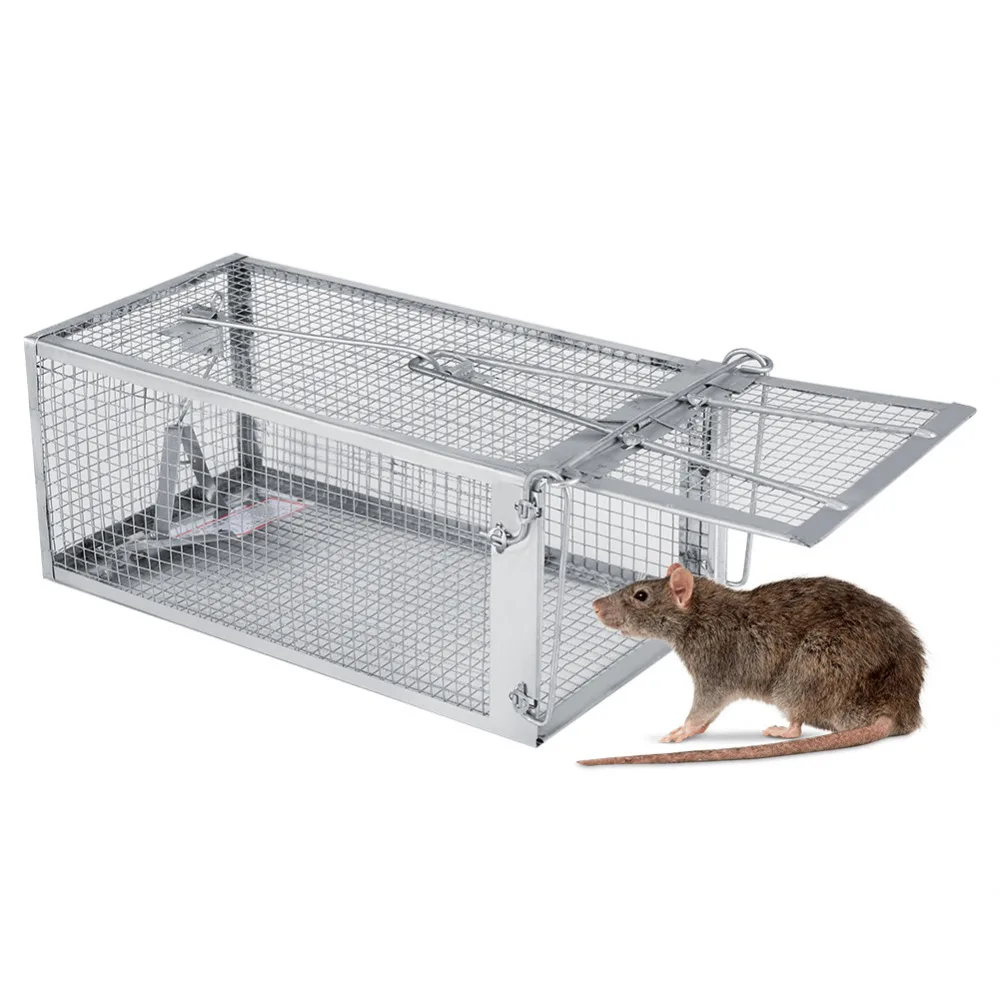
2. Weekly Cleaning
Once a week, thoroughly clean the cage using pet-safe detergents. Remove all accessories, scrub the cage with warm water, and allow it to air dry before adding fresh bedding and accessories.
Conclusion
Providing a suitable rat cage is essential for the well-being of your pet rats. Remember to consider factors like size, bar spacing, material, and accessibility when selecting a cage. Set up the cage with appropriate bedding and enrichments, and maintain a clean environment through regular cleaning. By prioritizing your rats' comfort and safety, you can ensure they live a happy and healthy life.